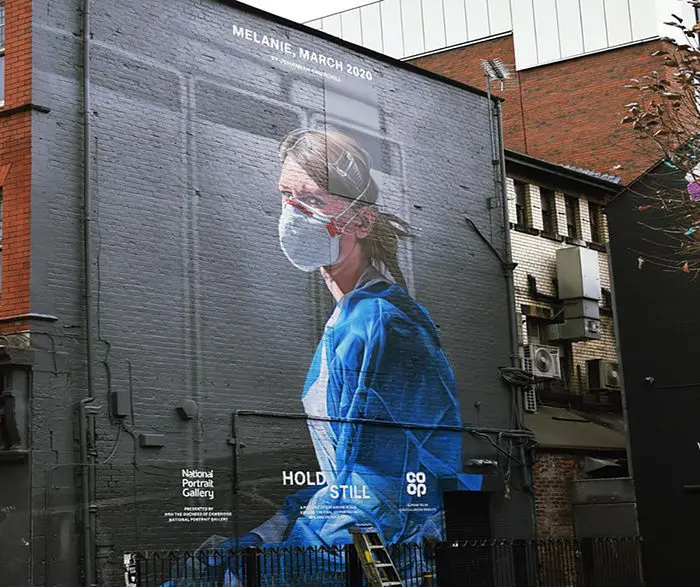Investing in and protecting the health workforce: progress at the 71st session of the WHO Regional Committee for Europe.
“Health and care workers have been critical in caring for us during this pandemic and continue to play a critical role in the recovery. We cannot let them down. We need to invest in our health workers and protect them,” said WHO Regional Director for Europe, Dr Hans Henri P. Kluge, at the closing of today’s ministerial side event at the 71st session of the WHO Regional Committee for Europe.
Gathered virtually on the 5th day of this year’s Regional Committee session, the attending ministers, delegates and civil society representatives renewed their joint call to invest in the health and care workforce while protecting them from harm and suffering.
WHO has designated 2021 as the International Year of Health and Care Workers in appreciation of, and gratitude for, their unwavering dedication in the fight against COVID-19. The ministerial side event reaffirmed the year’s theme, while highlighting the urgency of the need to act for health and care workers worldwide.
“Health and care workers in our Region have been critical in providing quality health services to our people, but we are facing a shortage of skilled workers, and for those who join the workforce, conditions are challenging,” said Dr Natasha Azzopardi-Muscat, Director of the Division of Country Health Policies at WHO/Europe. “Our hope is for the health and care profession to become the dream career for young graduates. For that to happen, we need to up our investment and create working conditions that support the well-being of health workers.”
The side event was also an opportunity for members of civil society to provide feedback and inputs on what they see as priorities moving forward.
Representatives from the Association for Medical Education in Europe (AMEE), the European Rural and Isolated Practitioners Association (EURIPA), the World Organization of Family Doctors (WONCA) and the European Forum of National Nursing and Midwifery Associations (EFNNMA), among others, echoed the urgency, while highlighting the gender dynamics that affect the workforce.
“Currently, women make up 52% of physicians in the WHO European Region, but only 30% of health ministers,” said a statement from the International Federation of Medical Students Associations (IFMSA). Providing all health professionals with equal career prospects, the statement continued, means prioritizing “flexible working conditions that allow people from all genders to participate in child rearing and home duties without detriment to their future career opportunities”.
Toward a sustainable health workforce
Increased demand for health and care workers, coupled with mobility and migration, is contributing to serious health coverage issues in the WHO European Region. Recognizing these challenges, the newly adopted “Progress report on the implementation of Towards a sustainable health workforce in the WHO European Region: framework for action” acknowledges the need to prioritize effective health workforce planning, education and training, and retention strategies.
“This is a year in which we call for massive readjustments and a change to the status quo,” Dr Kluge said. “We need to move toward a paradigm shift. We need to start seeing, listening and doing things differently, if we are to recognize the challenges we face. Now is the time.”
WHO/Europe will turn this commitment into action with an ambitious programme that will include training and workshops for Member States, as well as tools to support the use of better data, the development of strategic policies and the enhancement of management and leadership skills for health workers.
Closing the event, Dr Kluge invited ministers and other delegates to join him in celebrating the year-end event marking the International Year of Health and Care Workers, to be held on 13 December 2021.







